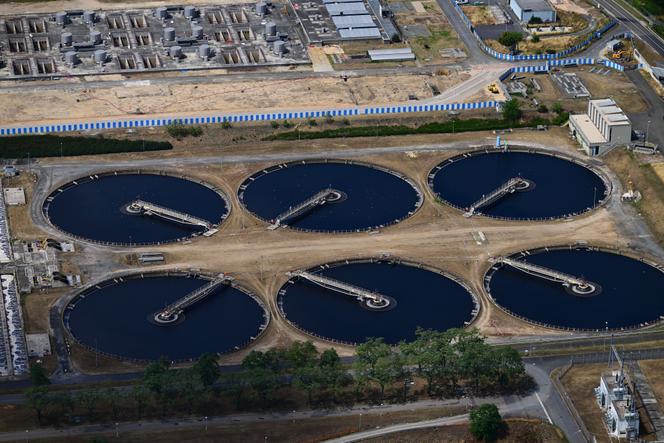


Perhaps it is the murkiest of waters that could bring additional clarity to the monitoring of the Covid-19 pandemic. At a press briefing on Thursday, October 5, Santé Publique France (SPF) announced that Covid monitoring data from the Sum'Eau ("microbiological wastewater monitoring") system would be posted the same day on the site data.gouv.fr and, as of October 11, would be included in the weekly bulletin on acute respiratory infections, which includes Covid-19.
As part of SPF's virus surveillance toolbox, the Sum'Eau system will be added to three other commonly used epidemic indicators, namely emergency room and hospital admissions reported by the Oscour network, reports from SOS médecins and the Sentinelles network, through which private practitioners track cases.
From the very beginning of the pandemic, researchers have been exploring the possibility of tracking the circulation of SARS-CoV-2 based on the presence of the virus in human feces, and therefore in wastewater. France was one of the pioneers in this field, with the Obépine network of researchers publishing data between summer 2020 and spring 2022, from 200 wastewater treatment plants representing 40% of the French population. Members of Obépine later participated in the design of the Sum'Eau system.
At this stage, the monitoring system is based on samples taken at 12 wastewater treatment plants in mainland France – one per region, with the exception of Corsica – "selected according to criteria of population and territorial representativeness," according to the SPF. In the longer term, "we have identified 100 or so stations that would be interesting to monitor," said Damien Mouly, Sum'Eau's national coordinator.
Weekly samples are sent to the hydrology laboratory of the French Agency for Food, Environmental and Occupational Health & Safety (ANSES) in Nancy (eastern France). The SPF explained that "exploratory work" is underway to evaluate the possibility of sequencing viruses found in wastewater to distinguish between the different variants in circulation, with "conclusive initial results."
The three indicators that SPF has published to date are linked to clinical examination of Covid-19. Therefore, they cannot be used to derive conclusions about asymptomatic people or those who think they have contracted Covid but do not get tested. This segment of the population is captured by wastewater analysis, however. In more trivial terms, while not all infected people are routinely tested, they are all regular visitors to the lavatory. According to Caroline Semaille, SPF's general manager, "this independence from testing habits or access to healthcare is very interesting."
You have 45.12% of this article left to read. The rest is for subscribers only.
